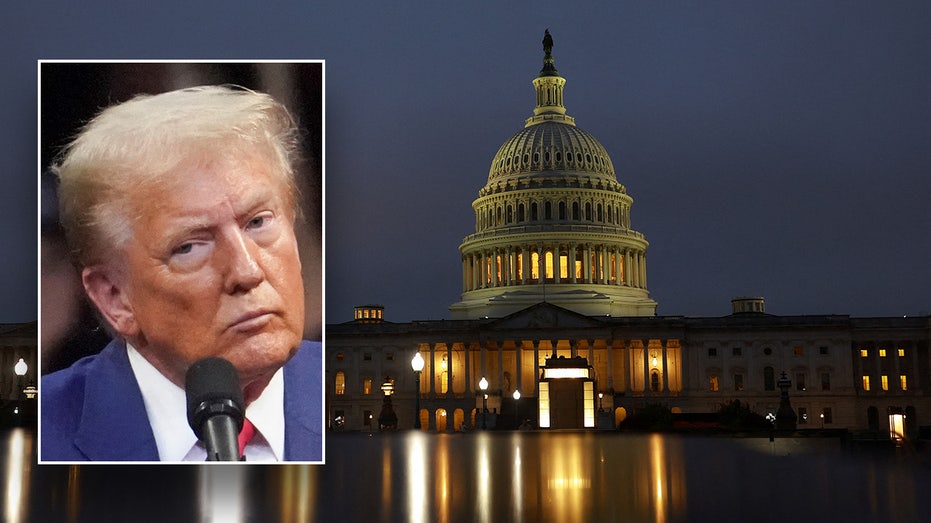White House Blames Democrat-Led Budget Office for Misreporting Trump’s Record Savings in Major Legislation
White House disputes CBO analysis, citing assumptions that Republicans will not extend Trump's 2017 tax cuts.

The White House has mounted a vigorous challenge to the recent estimate released by the Congressional Budget Office (CBO), which forecasts that President Donald Trump’s proposed tax and spending legislation will amplify the federal deficit by trillions of dollars over the coming decade. This pushback comes as the national debt currently stands at a staggering $36.2 trillion, with the federal government already outspending its revenues by more than $1 trillion this fiscal year.
The CBO’s analysis, issued Wednesday, predicted that the so-called “big, beautiful, bill” — approved by the House in May — would swell the federal deficit by $2.4 trillion over the next ten years. The agency based its calculations on the assumption that Congress would allow the expiration of the 2017 tax cuts championed by President Trump, an element the White House says is unlikely and skews the outlook significantly.
In direct rebuttal, the Office of Management and Budget (OMB) contends that, contrary to the CBO assessment, the measures contained in the bill would actually reduce the deficit by $1.4 trillion. Administration officials argue that additional revenue from tariffs and unspecified spending reductions have not been fully factored into the CBO’s projections, and that these would contribute further to shaving down the federal shortfall. The White House asserts the package could lower the deficit by as much as $6.6 trillion over the next decade if their full suite of initiatives is implemented.
The controversial legislative package has not only faced skepticism from policy analysts but also from prominent business figures. Elon Musk, CEO of SpaceX and Tesla, publicly derided the measure as an “abomination,” warning that it would likely exacerbate the nation’s debt issue rather than alleviate it. The bill now faces an uncertain future in the Senate, where dissent among Republican lawmakers — including Senator Rand Paul of Kentucky — has intensified, with many openly expressing fears about ballooning deficits.
OMB Director Russell Vought addressed members of the House Appropriations Committee, stating in strong terms that the CBO’s assessment is "fundamentally wrong." Vought insisted, "It will lead to reduced deficits and debt of $1.4 trillion. It will reduce mandatory savings of $1.7 trillion." He further maintained that the CBO's methodology fails to account for positive economic growth and misinterprets the effects of not extending existing tax relief. Vought also warned that failure to pass Trump’s proposed tax measures could tip the nation into a recession, predicting a possible “60% tax increase on the American people” should the package fail.
Amid the policy debate, the White House leveled accusations against the CBO, questioning the agency’s political impartiality. Officials noted that several staffers have made donations to Democratic candidates, insinuating a partisan bias — an accusation underscored by the fact that current CBO Director Phillip Swagel served under former President George W. Bush. Despite these claims, the process for appointing the CBO director involves recommendations from both House and Senate Budget Committees, with Swagel having been nominated by lawmakers from both parties in recent years.
For now, the CBO has not responded to criticism regarding its projections or the assertions made about its staff. As the debate over the nation's fiscal future intensifies, the fate of President Trump's ambitious tax and spending proposal remains uncertain, with lawmakers and experts deeply divided over the potential consequences for America's balance sheet.




